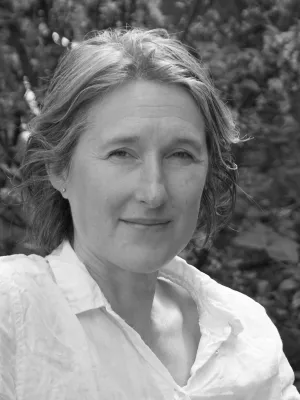
Lisa Eklund
Associate Professor | Senior Lecturer

Marriage squeeze and mate selection – Analysing the ecology of choice and implications for social policy in China
Author
Summary, in English
Department/s
- Sociology
Publishing year
2013
Language
English
Pages
62-69
Publication/Series
Economic and Political Weekly
Volume
48
Issue
35
Full text
- Available as PDF - 170 kB
- Download statistics
Links
Document type
Journal article
Publisher
Economic and Political Weekly
Topic
- Sociology (excluding Social Work, Social Psychology and Social Anthropology)
Keywords
- ecology of choice
- mate selection
- sex ratio
- marriage squeeze
- social policy
- China
- sociologi
- sociology
Status
Published
ISBN/ISSN/Other
- ISSN: 0012-9976

